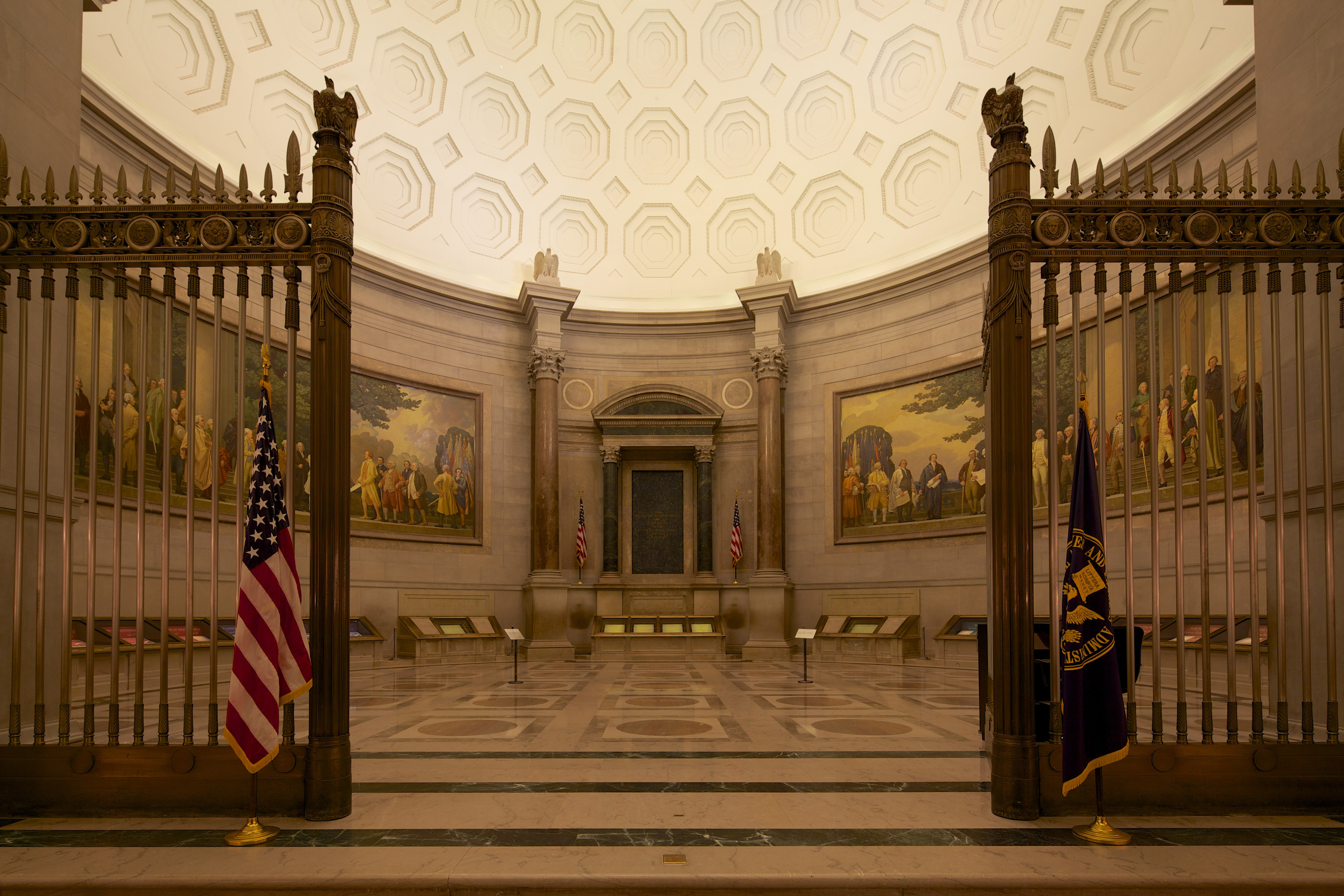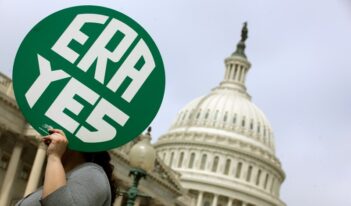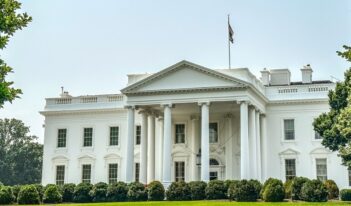
President Trump’s regulatory budget executive order withholds agency action and harms the American public.
There is nothing “premature” about judicial review of an executive order that paralyzes federal agencies’ ability to implement duly-enacted statutes. And that is what Executive Order 13,771 does. The order prohibits agencies from issuing new significant regulations unless they repeal at least two other regulations to offset the new rule’s costs. Complying with that direction requires agencies to violate the law. For this reason, the executive order itself violates the constitutional separation of powers doctrine and the President’s duty to “take care that the laws be faithfully executed.”
Batkins’ protest that no agency has yet issued a significant regulation during the Trump Administration illustrates rather than dispels the problem: the executive order prevents federal agencies from acting to implement statutory safeguards.
Take the U.S. Environmental Protection Agency’s (EPA) recent delays in protecting Americans from mercury. Mercury is a potent neurotoxin. Under President Barack Obama, EPA finalized a rule to reduce mercury discharges from dental offices to protect the health of our citizens and our waterways. The Obama EPA even sent the signed rule to the Office of the Federal Register for publication. But the rule was not printed in the Federal Register before President Donald Trump took office, and an EPA official later announced that the rule has been “tied up” by Executive Order 13,771. EPA then refused to publish the rule until Public Citizen, the Natural Resources Defense Council (NRDC), and Communication Workers of America sued over Executive Order 13,771, and NRDC separately sued EPA over the mercury rule. Although not every agency will be so forthcoming in admitting the executive order’s impact, similar failures to timely adopt needed new safeguards are playing out across the executive branch.
Although Batkins notes that Canada “operated regulatory budgets without abandoning clean air or water standards,” he disregards a critical difference between the Canadian approach and Executive Order 13,771: Canada’s approach applies only to administrative burdens of compliance, not to the underlying clean water or air requirements. In any event, Canada’s policy choices say nothing about what the U.S. Constitution requires.
Batkins’ argument that the plaintiffs challenging Executive Order 13,771 lack standing to do so ignores abundant judicial precedent that recognizes injuries from unlawfully withheld agency action. When EPA or any other agency fails to establish needed public health protections, that failure injures people—including NRDC, Public Citizen, Communications Workers of America and our members. Article III requires nothing more.
Batkins is correct that prior executive orders have asked agencies to eliminate outdated rules, but none has tried to block federal agencies from issuing a new rule unless the agency eliminated two; none directed agencies to cut unrelated rules to reduce unrelated costs; and none required agencies to meet arbitrary regulatory cost caps that Congress has never authorized. And there is no statute that allows the President to set up such intra- and inter-agency regulatory trading requirements.
That defect remains even if the only rules cut were “paperwork” rules, as Batkins optimistically hypothesizes. How many paperwork rules will have to be repealed to cover the cost of protecting our waterways or air from pollution? It is not remotely plausible that the total costs of health, consumer, and environmental safeguards will be offset by trimming paperwork.
Executive Order 13,771’s incantation of the phrase “unless prohibited by law” does not save it. As we have seen repeatedly, what the Trump Administration considers prohibited by law is not the same as what the law prohibits. No defender of Executive Order 13,771 has identified a single statute that allows an agency to make regulatory decisions based on the criteria that the executive order mandates. Bills to allow what the executive order requires have been introduced in Congress, but none have passed. Whatever the executive order’s fig-leaf phrase “unless prohibited by law” means, its direction to agencies to not adopt new rules unless the agencies comply with its ultra vires requirements remains illegal. Whatever else might have changed with President Trump’s inauguration, the job of telling the President “what the law is” remains “emphatically the province and duty of the judicial department.”
As we explained in our original essay, Executive Order 13,771’s requirement that agencies consider regulatory costs, divorced from regulatory benefits, elevates rhetoric above rationality. The order is bad policy, unconstitutional on its face, and presently harming NRDC, Public Citizen, Communications Workers of America, and our members.
This essay is part of a four-part series, entitled A Debate Over President Trump’s “One-In-Two-Out” Executive Order.





